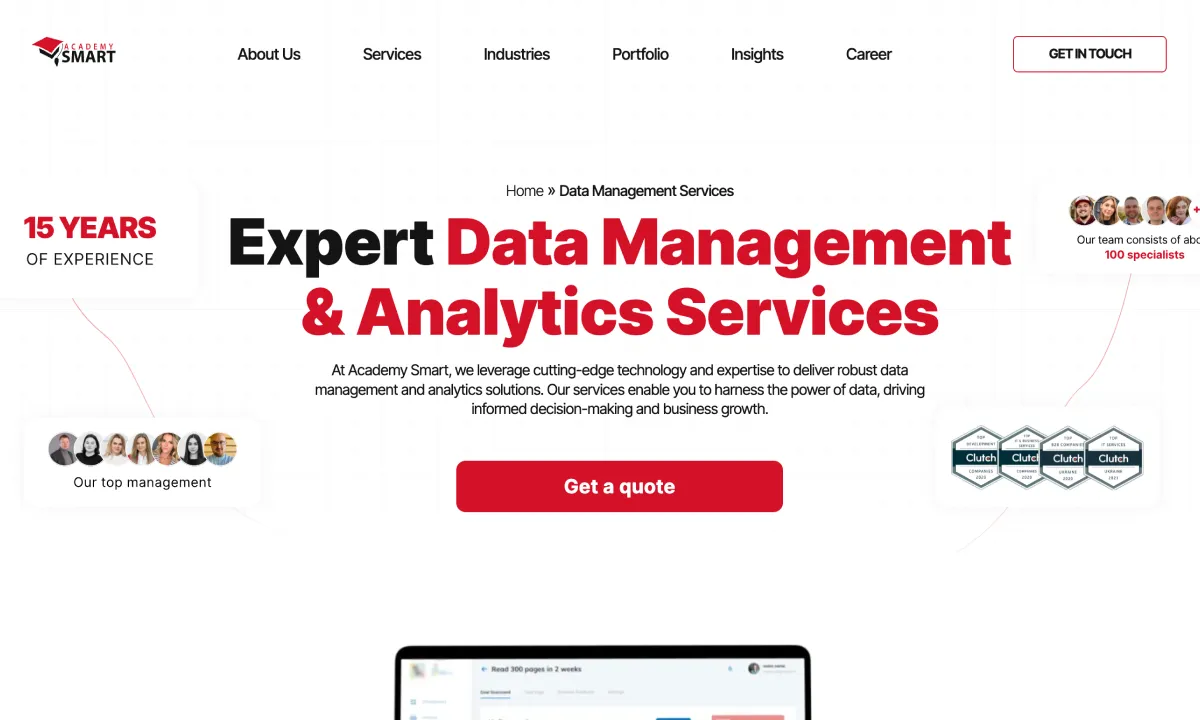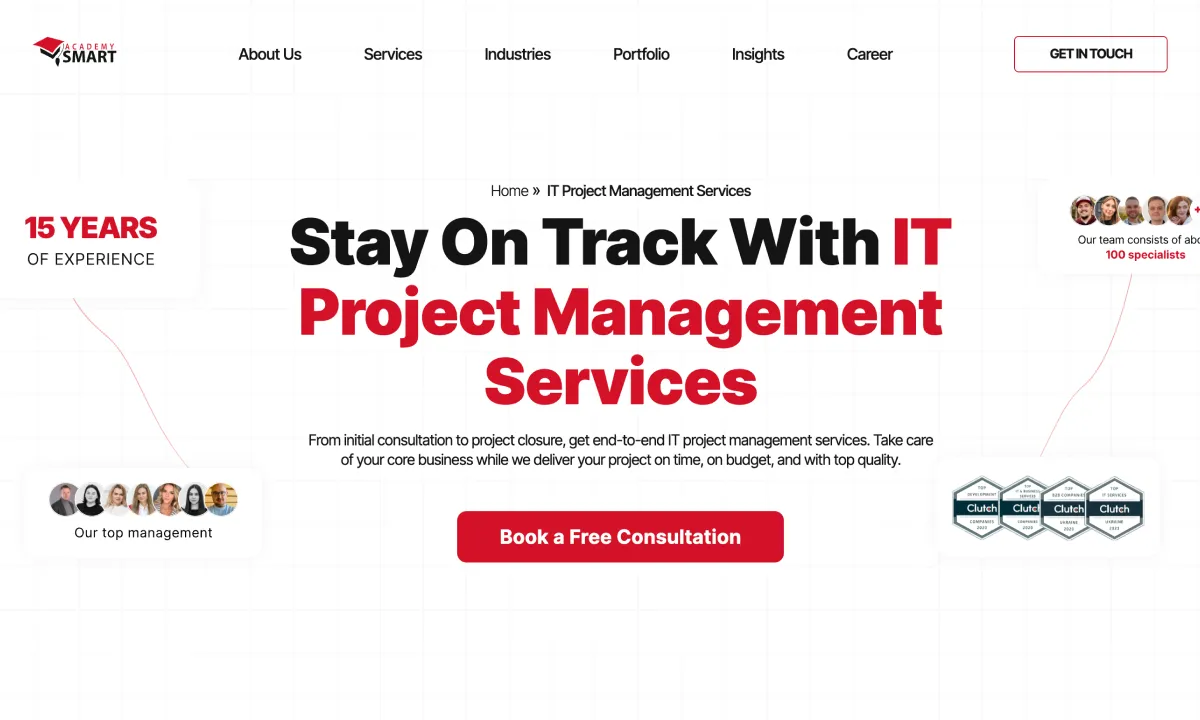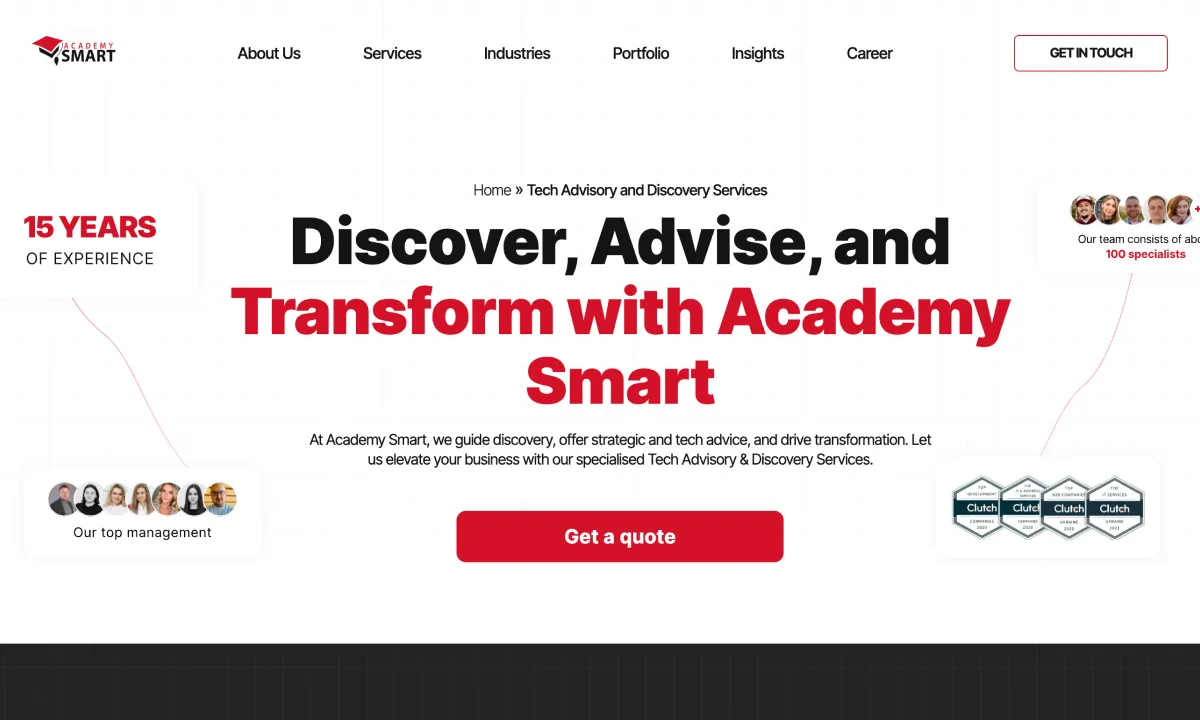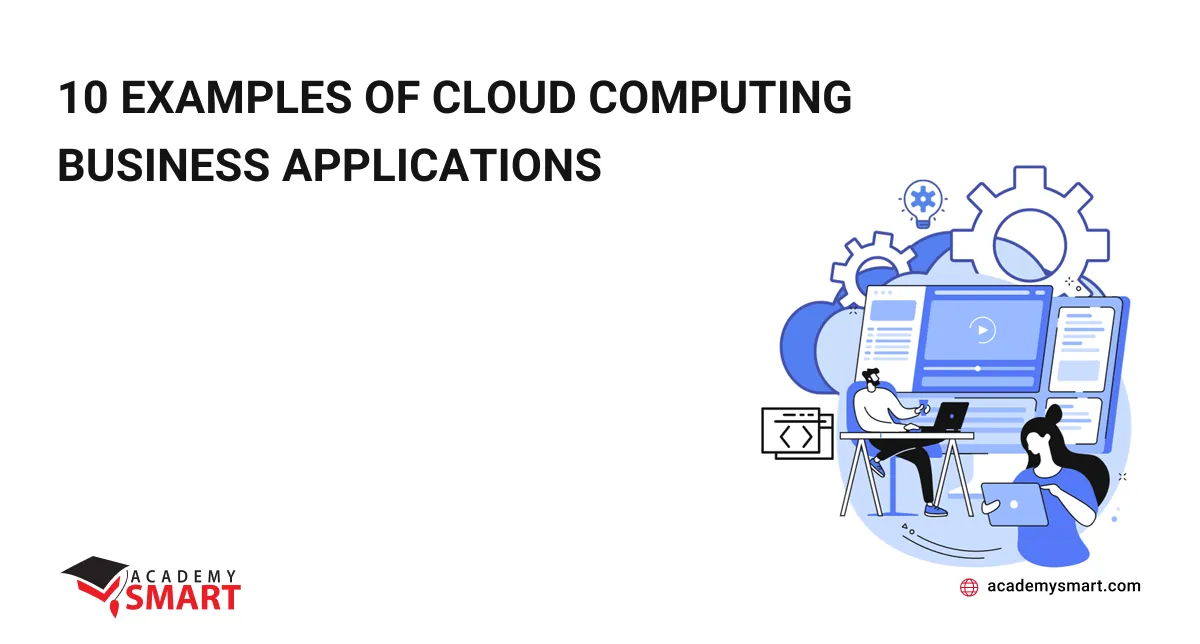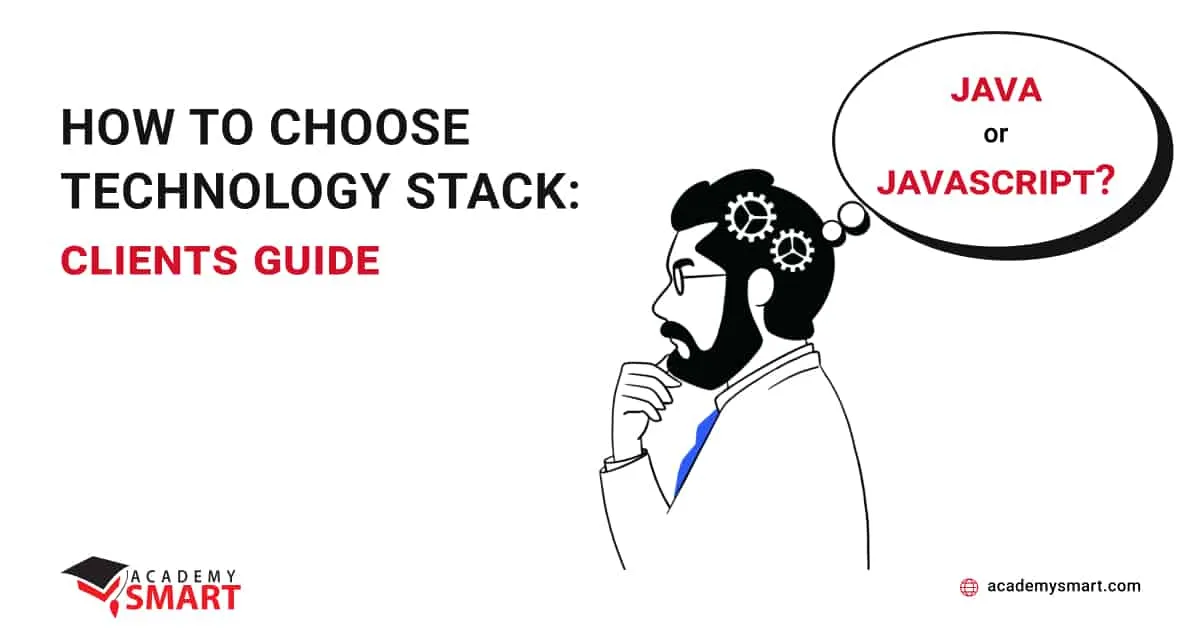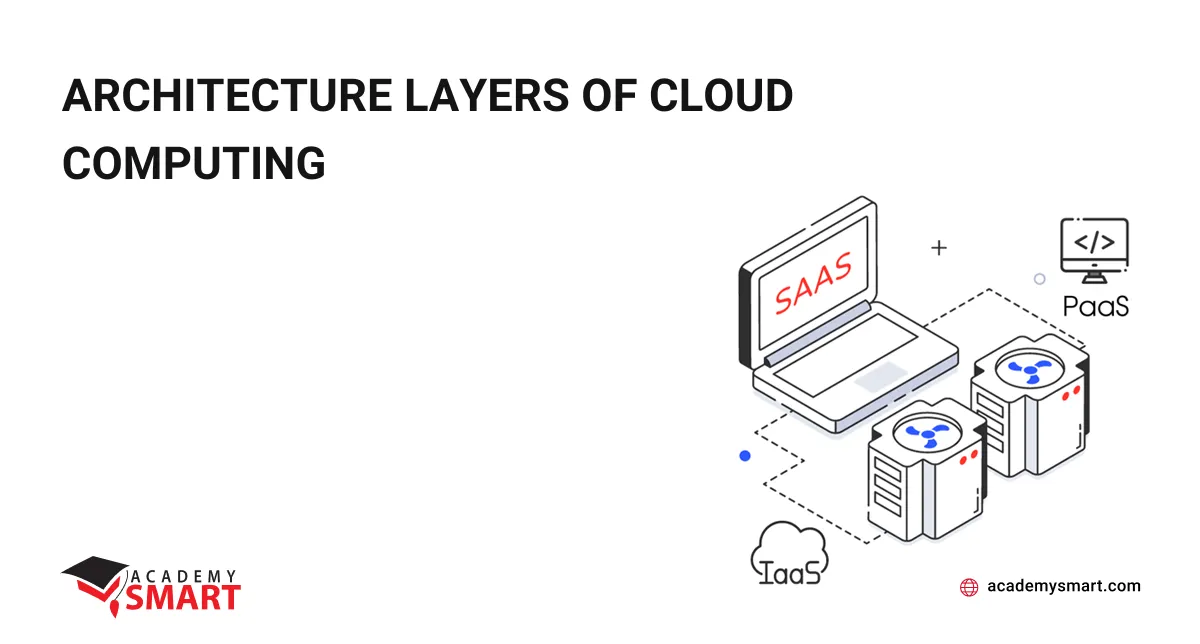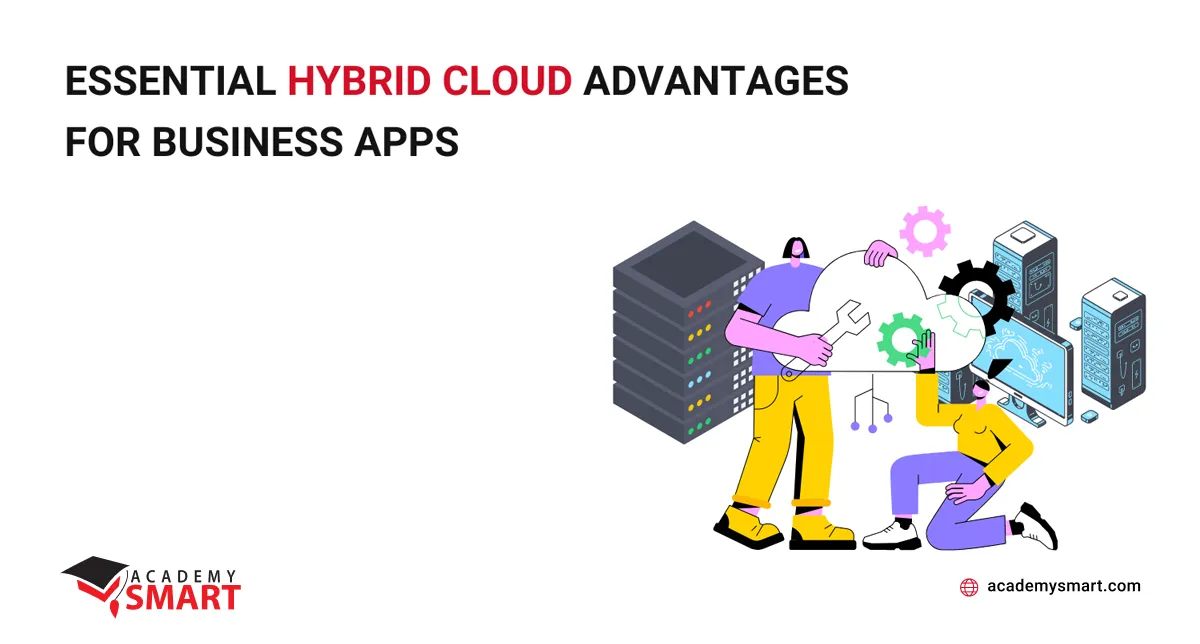
Essential Hybrid Cloud Advantages for Business Apps
Contents
Choosing the right technology for business application can become a challenge. Traditional solutions often have certain limitations and need to be revised. That’s where the hybrid cloud may be the best decision, holistically combining the most satisfactory technology abilities. This article specifies the hybrid cloud computing advantages for enterprise applications, describing it as a versatile solution to meet your unique business needs.
Hybrid Cloud Use Cases
When we look at traditional business solutions like on-premise software or applications based on private or public cloud separately, we may find that their general benefits do not always exceed typical restrictions.
On-premises infrastructure may fall short of meeting business anticipations due to its inherent constraints in scalability and flexibility. Maintaining and upgrading physical hardware can be resource-intensive, hindering agility and responsiveness to changing business needs. Additionally, the upfront capital expenditure required for on-premises solutions may pose financial challenges for companies aiming for cost-effective and dynamic IT environments.
Public clouds provide scalability and cost-efficiency but may not meet all enterprises’ expectations. Data security and compliance concerns may limit the adoption of public cloud solutions in industries with stringent regulatory requirements. Businesses may also need help customizing public cloud environments to meet specific needs, leading to a potential misalignment between the off-the-shelf offerings and unique white-label representation.
While private clouds offer enhanced security and customization, they may not fully satisfy estimations due to potential scalability and resource utilization restrictions, impacting cost-effectiveness. Moreover, managing and maintaining a private cloud demands significant expertise and ongoing investment, posing challenges for businesses aiming for operational efficiency and adaptability.
A hybrid cloud combines private, public, and on-premises infrastructure in a complete solution through integration and orchestration techniques. Its essential components include on-premises data centers, public clouds, private clouds, and a hybrid cloud management platform. Connectivity is established through LAN, WAN, VPN, and APIs, ensuring seamless information sharing.
Utilizing virtualization, containerization, storage tools, and software-defined networking, a hybrid cloud enables efficient resource access and migration of applications. This approach leverages the strengths of each infrastructure model, providing clients with the flexibility to meet regulatory compliance and expedite application migration.
According to the IBM Institute for Business Value, adopting a hybrid cloud helps organizations lower total ownership costs, increase operational efficiency, facilitate innovation, and meet customer expectations effectively. It allows businesses to deploy dynamic workloads and fluctuating volumes of big data in the public cloud for flexibility, optimal computing efficiency, and cost-effectiveness while keeping sensitive or volatile workloads on private infrastructure. In addition, a hybrid cloud provides the flexibility to allocate public cloud resources for short-term projects, offering cost-effective solutions for temporary processing needs.
Businesses can migrate workloads gradually, testing public or private cloud deployment and expanding their cloud presence based on performance and suitability. Industries with strict data privacy laws, such as finance and healthcare, deploy private clouds for sensitive data and public clouds for less critical tasks, ensuring security and compliance. Hybrid cloud includes robust backup and disaster recovery options based on data amount and sensitivity.
A hybrid cloud emerges as a strategic solution, offering unparalleled flexibility, security, and scalability for businesses seeking an integrated and future-ready computing environment. You may find specific instances of the use of hybrid cloud technology in the article “10 Examples of Cloud Computing Business Applications“.
Disadvantages of hybrid cloud model
Despite the obvious pros of the versatile applicability of hybrid cloud computing, certain cons of these IT systems should also be considered:
- Architectural and security complexity
Designing and maintaining hybrid cloud applications requires skilled professionals, leading to increased architectural and security complexity. Ensuring secure access, authentication, and consistent security settings across both environments can be challenging. The complexity can result in a lack of clear visibility into cloud resources. Monitoring costs, ensuring regulatory compliance, and managing the overall cloud architecture become more complicated, requiring meticulous documentation and updated information. - Hardware costs
While the hybrid cloud offers control and customization benefits, maintaining on-premises hardware incurs additional costs. Companies must invest in and manage their hardware, potentially offsetting the cost benefits of public cloud operations. - Management of multiple vendors
Operating in a hybrid cloud involves dealing with multiple IT services vendors and platforms. Coordinating and managing workflows between on-premises and public cloud environments require efficient processes and a capable team, contributing to increased management overhead.
Creating and managing such multi-tier IT environments requires special knowledge, DeOps skills, and specialized software tools to improve the efficiency of cloud applications, such as the example in our portfolio.
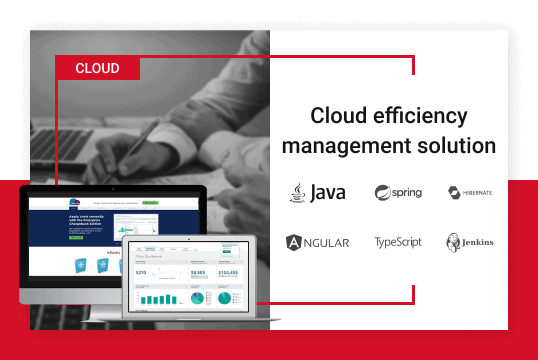
Cloud management application we worked on
Business Advantages of Hybrid Cloud Computing
The hybrid approach provides a strategic path for enterprises seeking a balance between on-premises control and the benefits of cloud computing, ultimately driving efficiency, innovation, and cost-effectiveness. Here are key advantages of the hybrid cloud model:
- Cost control and efficiency
Adopting hybrid cloud solutions allows companies to shift from capital expenditures to operational payments in IT. That can lower the total cost of ownership by investing in the right amount of on-premises infrastructure and leveraging public cloud services for scalability. During periods of high demand, businesses can leverage public cloud services, avoiding the need to overprovision on-premises resources and leading to higher overall ROI. - Supervision and transparency
Hybrid cloud solutions provide clients with greater control over their data and infrastructure. Companies can customize the private side of their cloud model to suit specific needs and adjust infrastructure components as necessary. Enhanced visibility over on-premises and cloud resources ensures better monitoring, management, and understanding of the entire IT environment. - Scalability and flexibility
The flexibility of the hybrid cloud allows for customization, empowering businesses to control their IT infrastructure according to particular requirements and scale their workloads seamlessly, addressing fluctuations in demand. - Security and Compliance
With a hybrid cloud, enterprises can suspend the security advantages of a private cloud with the computing power of a public one. Sensitive data can be stored on-premises, ensuring more control over critical assets. Compliance with data privacy laws and regulations is facilitated by the ability to store data locally in compliance with data-specific requirements, mitigating legal and regulatory risks. Companies can ensure minimal downtime and uninterrupted business operations in a failure or disaster by exploiting backup and replicating critical data to the cloud. - Remote workforce support
Hybrid cloud infrastructure supports a distant workforce by providing on-demand access to data from any location. Core and sensitive data can be kept on private servers, ensuring security while applications and services remain accessible via the public cloud. - Access to cutting-edge technologies
Hybrid cloud capabilities offer agility in adopting best-of-breed technologies, supporting various application workloads. The ability to deploy apps across different environments supports innovation by optimizing performance, minimizing costs, and enhancing reliability. Integration with multiple public cloud providers helps businesses avoid vendor lock-in and choose IT services that best align with their performance and cost planning.
Utilize the Hybrid Cloud Benefits with Academy Smart’s Development Services
Leverage our 14 years of experience integrating cloud technologies into enterprise operations. We deliver consulting, cloud migration, developing native cloud applications, and engineering hybrid and multi-cloud solutions using Amazon services. Our highly skilled team excels in microservices, containerization, and cloud infrastructure, offering expertise to enhance your workforce or assemble a dedicated development team.
When hybrid cloud computing is necessary for your enterprise, get in touch to create profitable solutions.
Frequently Asked Questions: Hybrid Cloud Advantage
What are the advantages of hybrid cloud?
Hybrid cloud offers the advantages of enhanced scalability, cost efficiency, and flexibility by combining the control of on-premises infrastructure with the agility and extended resources of cloud services.
What are the hybrid cloud disadvantages?
The hybrid cloud presents challenges such as architectural complexity, security concerns in managing both private and public cloud environments, lack of clarity in resource visibility, and the need for effective integration across different platforms.
Book a free consultation

Reach out to start talking today!

